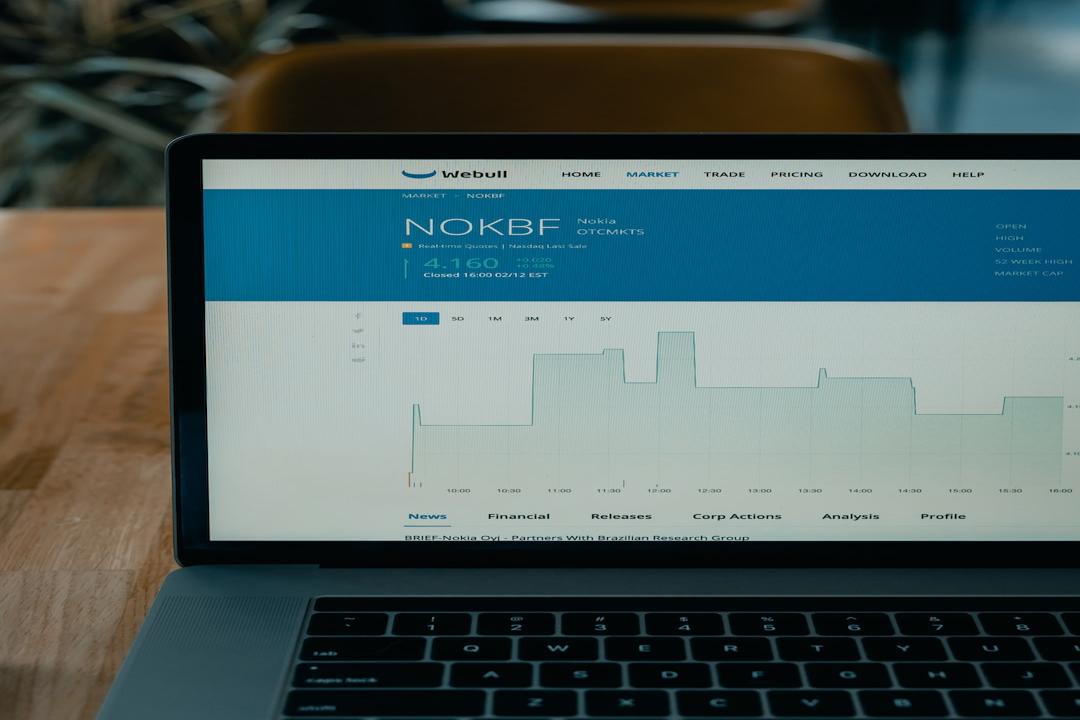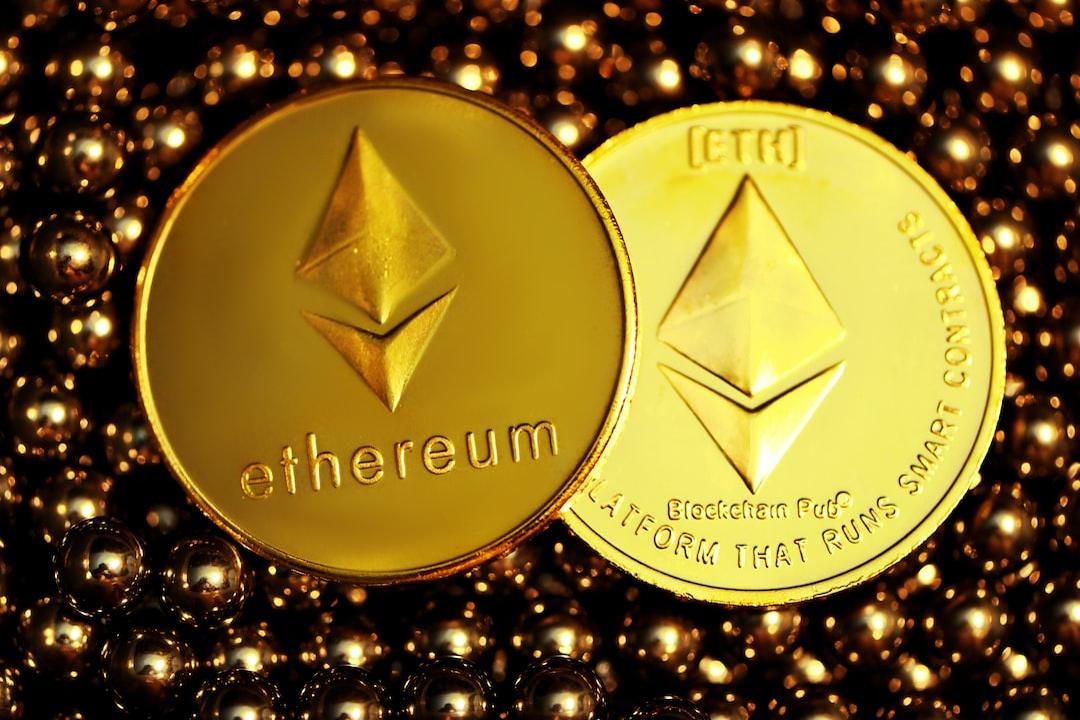The Vietnam War and Wealth World Bank Releases GNI Report Per Capita Income Rises in Russia and Ukraine
The World Bank has released the 2024-2025 country classification by income level, and surprisingly, Russia and Ukraine, which have been at war for over two years, have both seen an increase in their Gross National Income (GNI) this year. Does this mean sanctions are ineffective? Why do Russia and Ukraine seem to become wealthier as the war progresses?
**Content Directory**
Toggle
– World Bank’s Gross National Income (GNI)
– Russia Returns to the High-Income Country Category
– Ukraine’s Reconstruction Spending Increases, Ascends to Upper-Middle-Income Group
– Do Citizens Feel the Increase in Per Capita GNI?
The World Bank Group classifies the world’s economies into four income groups: low, lower-middle, upper-middle, and high income. This classification is updated annually on July 1st, based on the GNI per capita of the previous calendar year.
The GNI per capita used by the World Bank is expressed in US dollars and is adjusted for economic growth, inflation, exchange rates, and population growth. The latest data published by the bank is shown in the following images.



This year, Bulgaria, Palau, and Russia have moved from the upper-middle-income group to the high-income group, with a per capita GNI exceeding $14,006.
According to the report, Russia’s economic activity in 2023 was significantly influenced by a substantial increase in military-related activities, and rebounds in trade (+6.8%), finance (+8.7%), and construction (+6.6%) also drove economic growth. These factors led to a real GDP growth of 3.6%, a nominal GDP growth of 10.9%, and an 11.2% increase in GNI as calculated by the World Bank.
The increase in trade also suggests that sanctions from Europe and America seem to have had limited effect, as Russia has established alternative trading patterns with China and other countries to circumvent the sanctions.
Ukraine has been upgraded from the lower-middle-income group to the upper-middle-income group. The report indicates that due to economic recovery in 2023 (with real GDP growth of 5.3%, compared to a decline of 28.8% in 2022) and a continuous population decline (which has fallen by over 15% since the invasion), the prices of domestically produced goods and services have risen, further amplifying these factors and resulting in a significant 18.5% increase in per capita GNI.
Despite the severe damage to Ukraine’s economy due to the Russian invasion, the real growth in 2023 was driven by construction activity (24.6%), reflecting the substantial increase in investment spending (52.9%) supporting Ukraine’s reconstruction efforts after ongoing destruction.
However, the decline in population, which reduces the denominator, is also a heartbreaking reason.
War is cold and cruel. Although military spending during the war and post-war reconstruction can trigger high investments, the civilians caught in the crossfire are unlikely to feel the joy of income growth. It is hoped that this war, which has continued for two years, will soon come to an end, allowing civilians to return to normal life.
**Further Reading**
– Strengthening extraterritorial enforcement! Democratic lawmakers propose amending the “National Defense Authorization Act” to target cryptocurrency transactions and sanction Russian addresses.
– Creative solutions still exist! Taiwan’s Ministry of Health and Welfare considers blocking Telegram to combat illegal sexual image trading.
